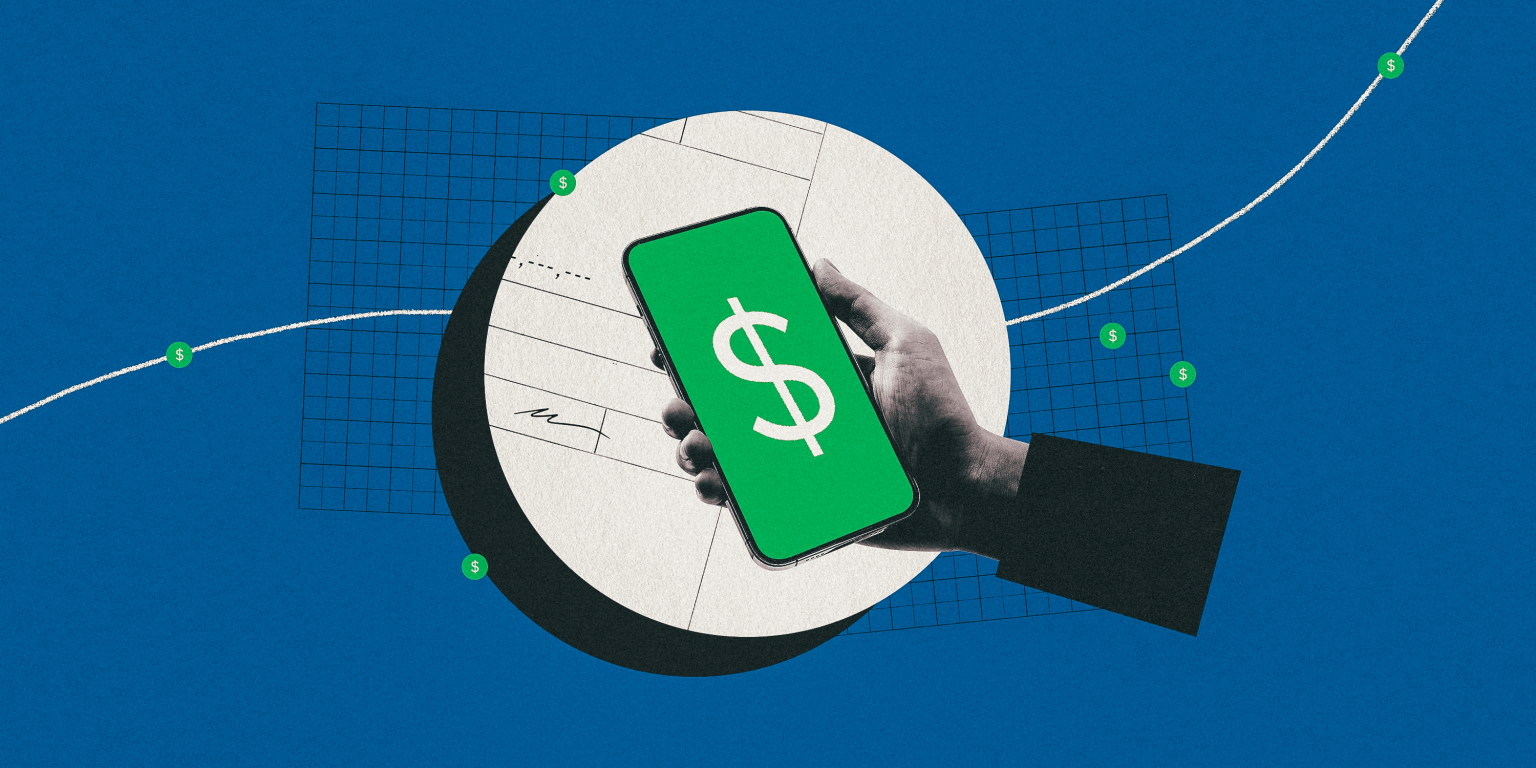In his third year as UCF’s director of player development, Steve Smith began preparing for the upcoming revolution in college athletics where athletes would be allowed to make money off their name, image, and likeness (NIL). He was tasked with ensuring that UCF athletes did not jeopardize their eligibility before the rules took effect. This led Smith to become an NIL agent in August 2021, forming his own agency and signing his first client, quarterback Dillon Gabriel. As the NIL landscape evolved, Smith and other agents found themselves navigating an ever-changing marketplace where partnerships with brands and schools became crucial.
With the introduction of NIL, college athletes’ ability to leverage their brand in the transfer portal has become increasingly important. Affiliated collectives with schools offer players deals ranging from tens of thousands to millions of dollars to entice them to sign with a particular program. As players enter the transfer portal seeking new opportunities, agents play a key role in negotiating these deals and helping athletes create a marketable brand. The intersection of NIL with the transfer portal has added a layer of complexity to the recruitment process, with money becoming a significant factor in the decision-making process for players.
Agents play a visible role in the transfer portal, with players often citing or thanking their agencies on transfer announcements. These agents bring a range of qualifications and involvement to the table, from negotiating deals to advising players on their options. While money can be a driving factor in the portal, agents aim to help athletes make informed decisions that will benefit their long-term career aspirations. The negotiation process involves analyzing the market value of the player, understanding which programs have the most resources for NIL deals, and ensuring that players enter into beneficial agreements.
The role of the agent in the NIL marketplace extends beyond securing deals and negotiating contracts. Agents also help protect players from signing unfavorable agreements and navigate the complexities of NIL transactions. While some players may enter the portal seeking financial gain, others prioritize finding the right fit for their football career. Agents provide valuable guidance by leveraging their experience and relationships to ensure that players receive fair compensation and maximize their earning potential. With the rise of collectives and the influx of players in the transfer portal, the need for experienced agents has become more pronounced.
As the NIL landscape continues to evolve, players must navigate the marketplace to determine their worth and secure beneficial agreements. Agents play a pivotal role in assessing market value, negotiating deals, and protecting players from potential pitfalls. While the influx of players in the transfer portal has created opportunities for athletes to capitalize on their brand, it has also raised concerns about the lack of regulation and oversight in the industry. Moving forward, regulations and oversight will be necessary to ensure fairness and transparency in the NIL marketplace.
In conclusion, the intersection of NIL with the transfer portal has created a complex landscape for college athletes seeking to leverage their brand and maximize their earning potential. Agents play a crucial role in guiding players through this process, negotiating deals, and protecting their interests. As the industry continues to evolve, it will be important for players, agents, and schools to work together to establish fair practices and regulations that benefit all parties involved. With the right guidance and support, college athletes can navigate the NIL marketplace successfully and capitalize on the opportunities available to them.


